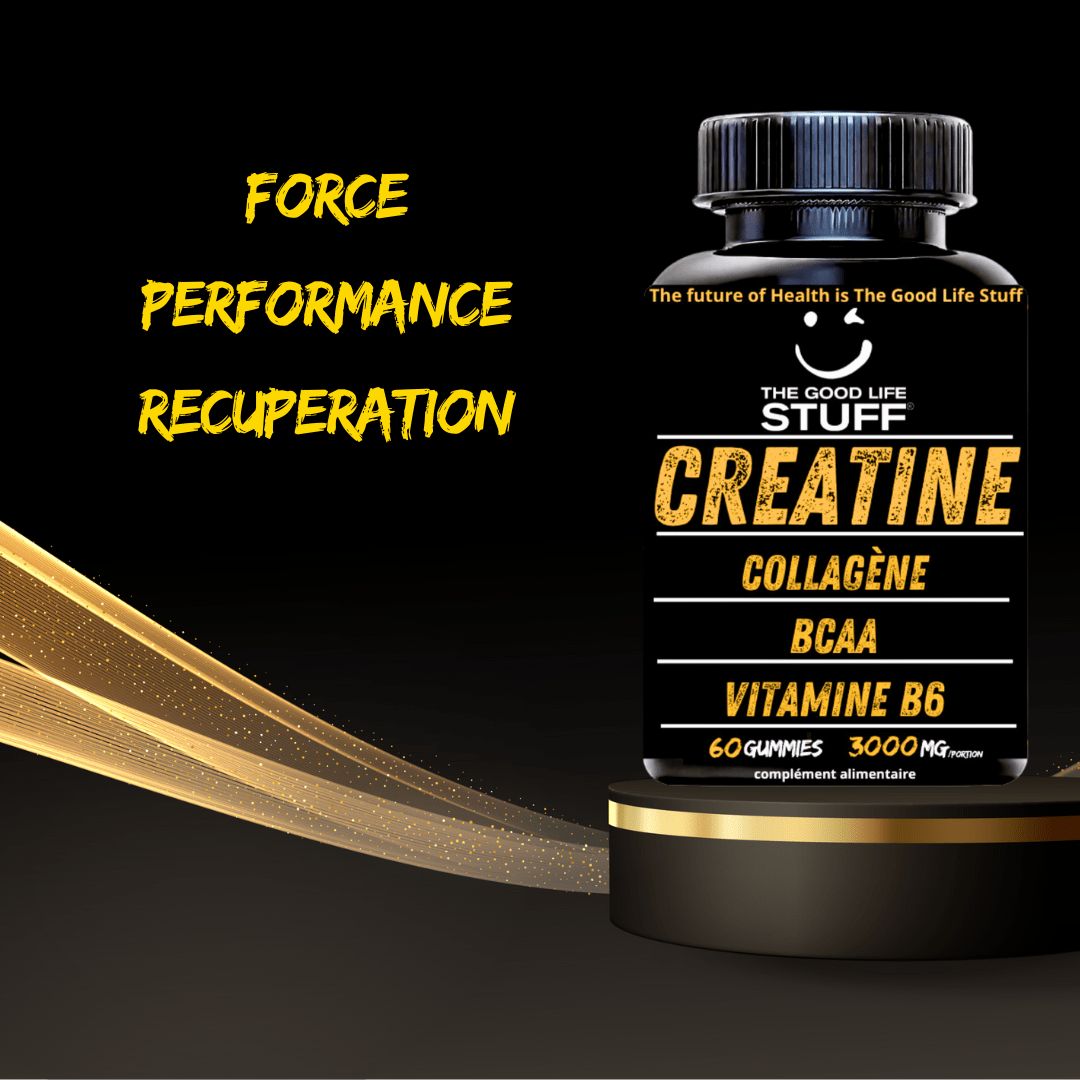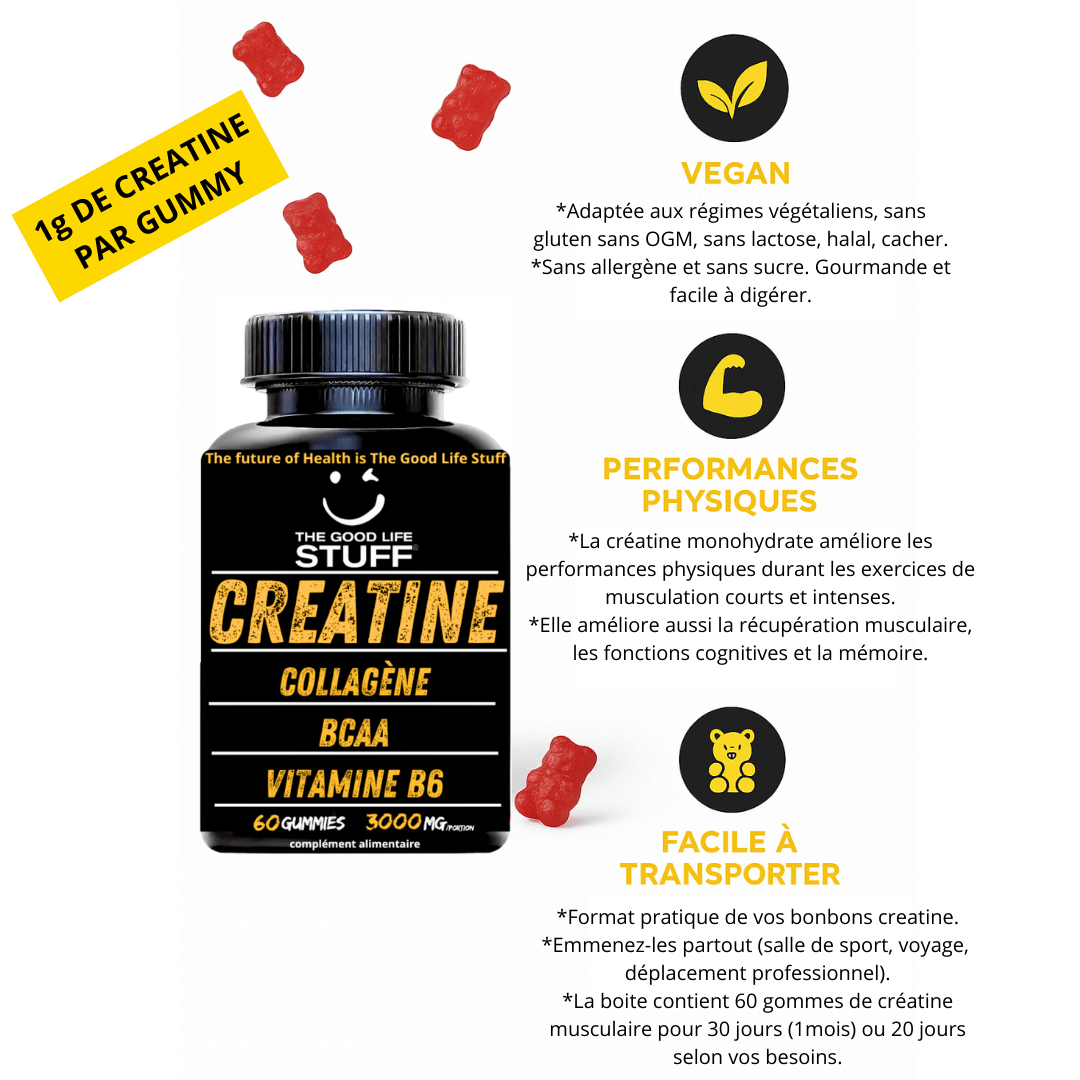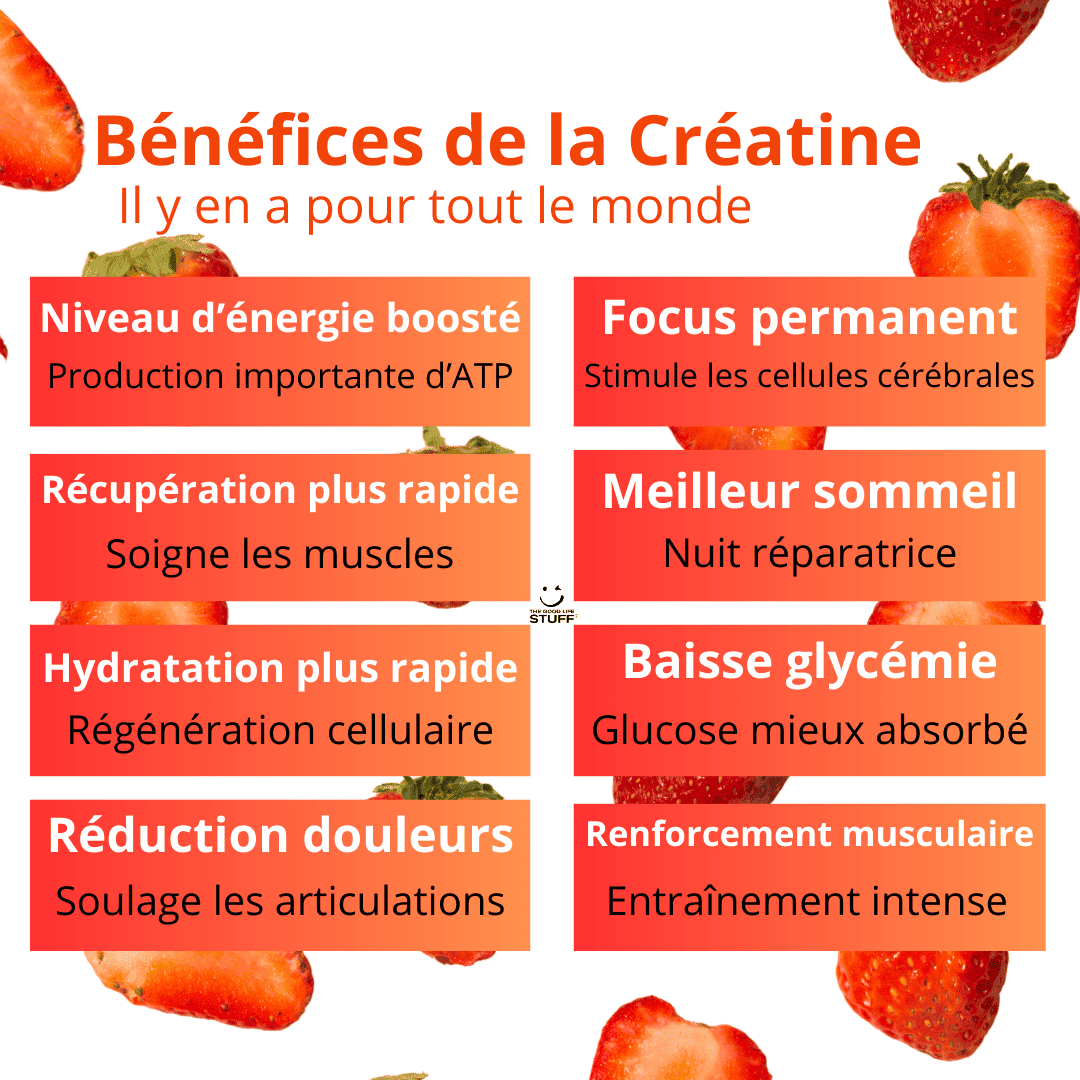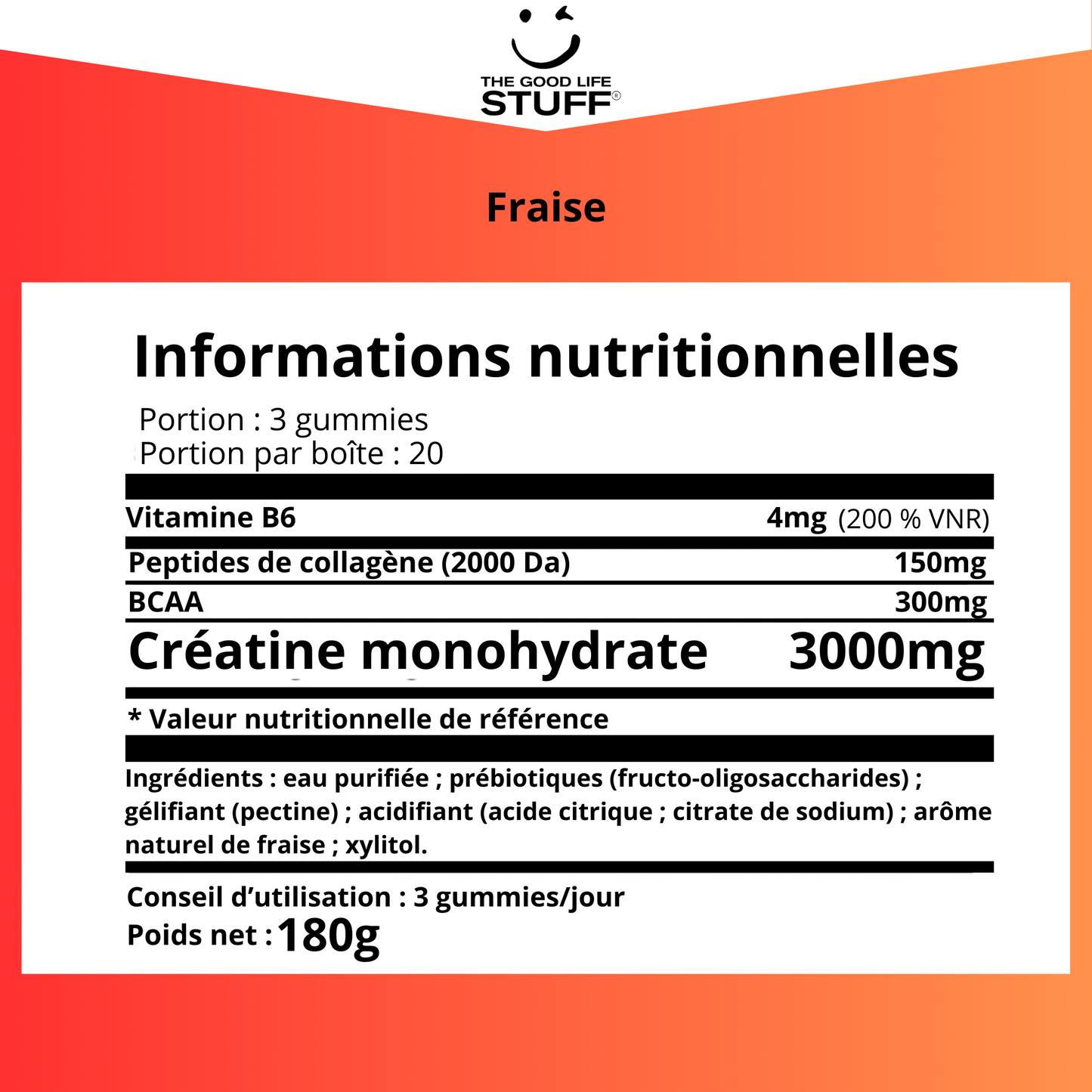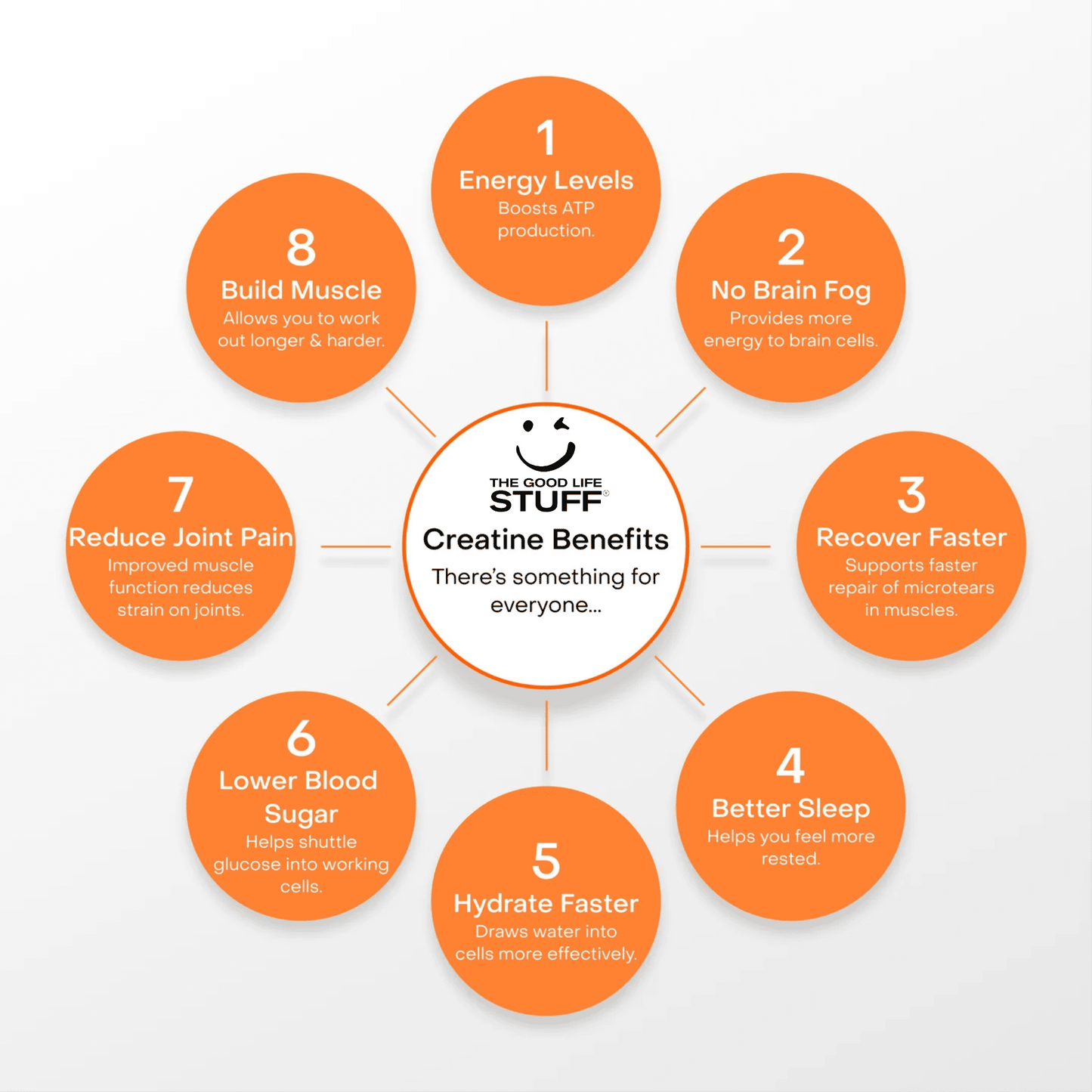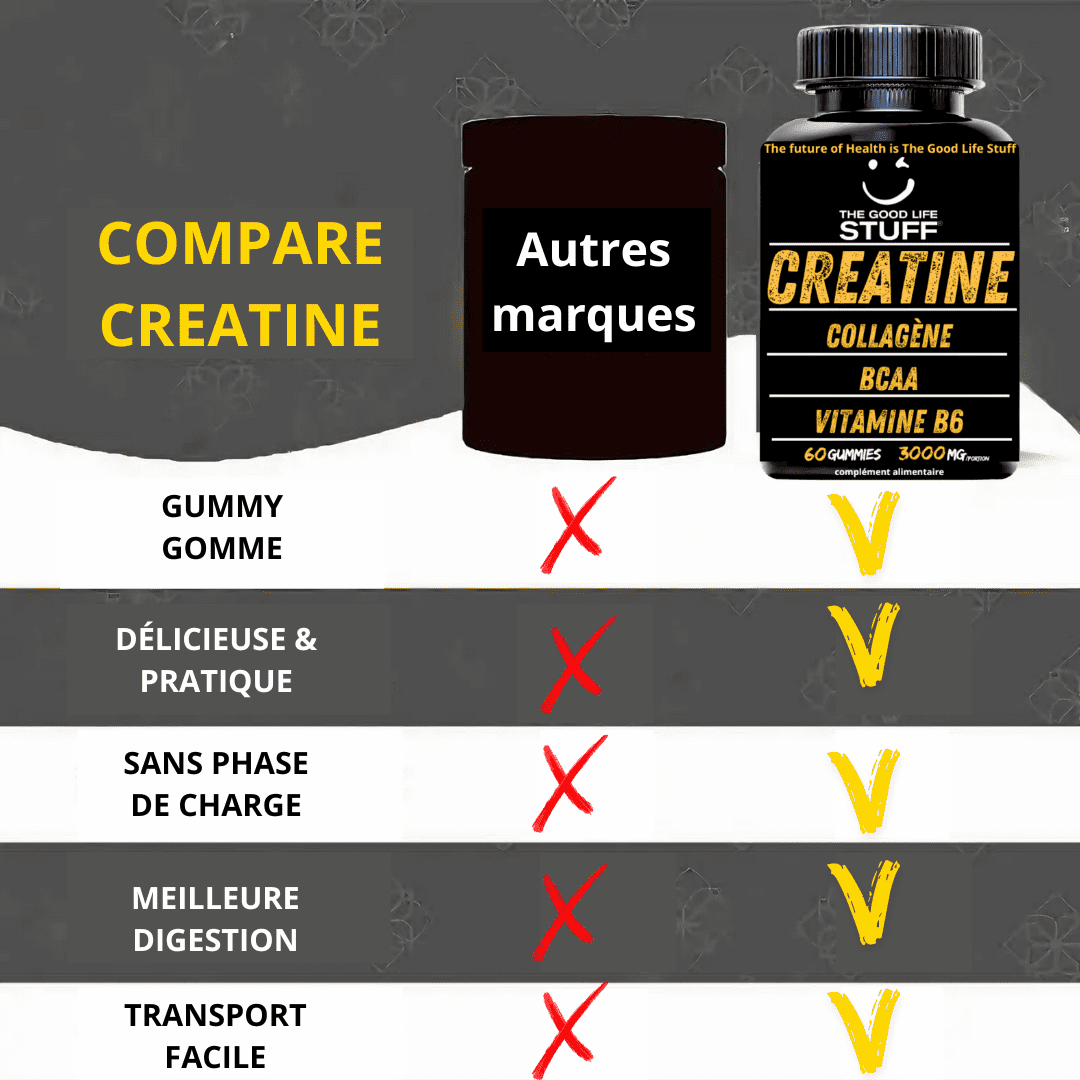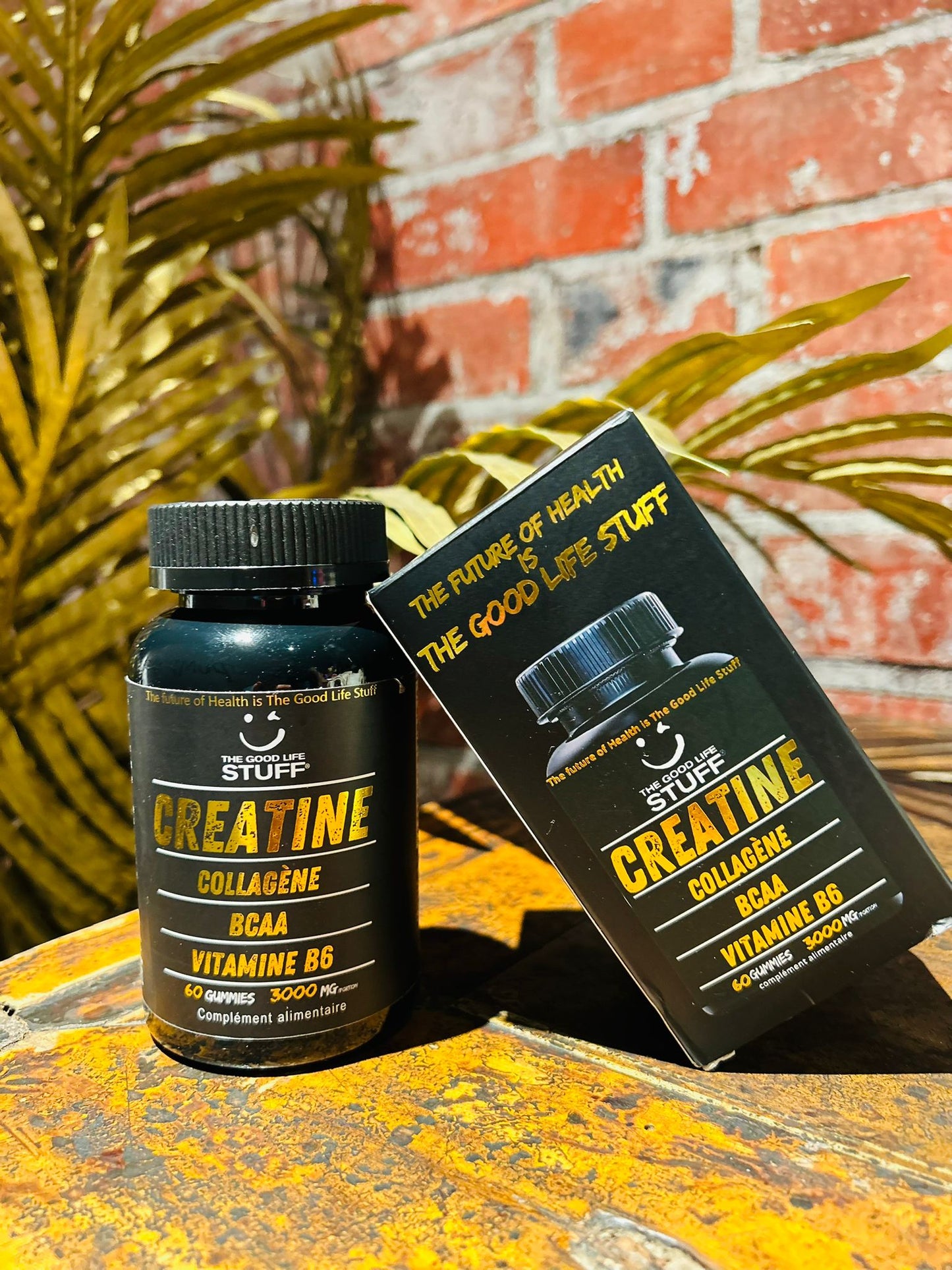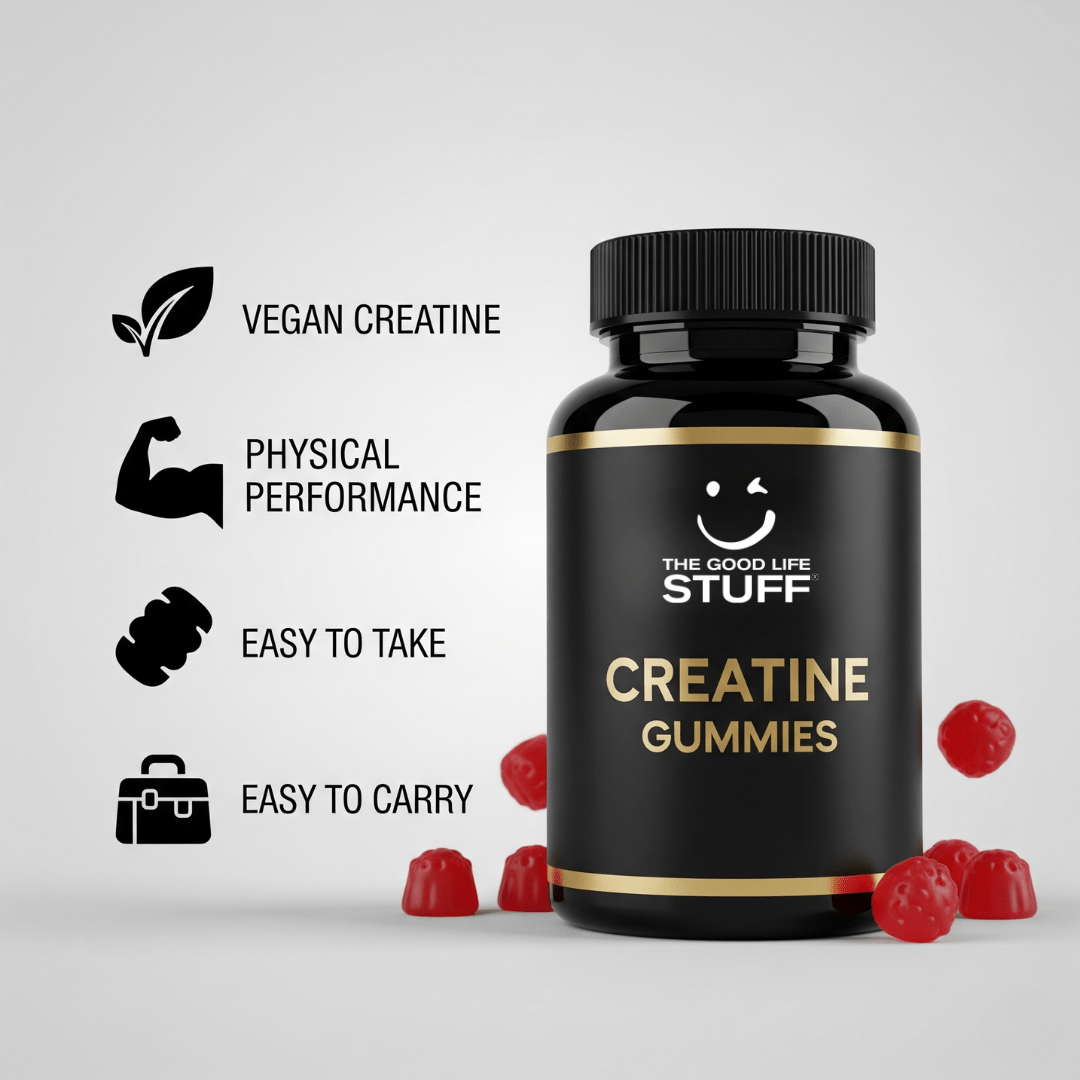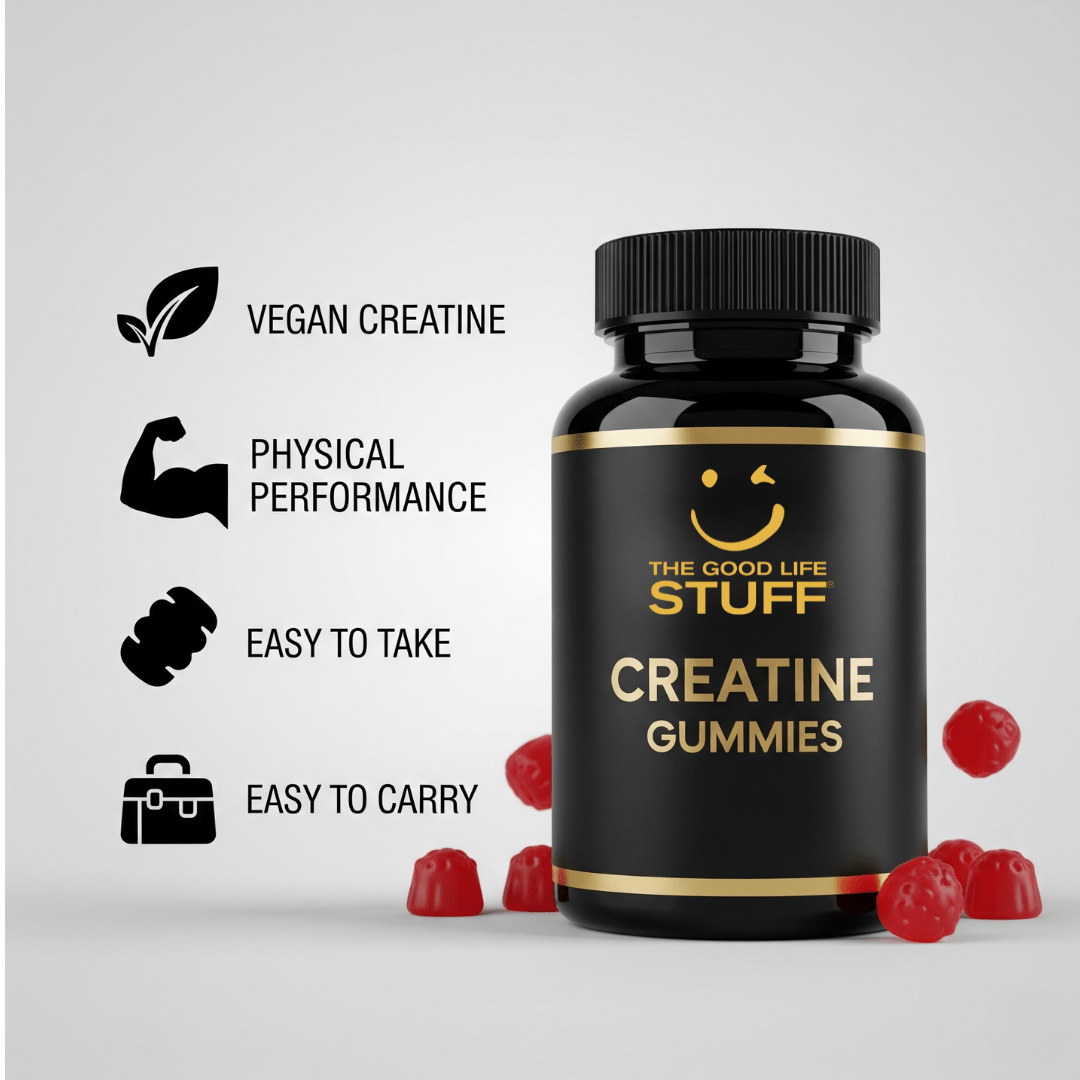Protein - The Essential Nutrient for Life
Introduction: Proteins Sciences
Protein is an essential nutrient for life that plays a vital role in many bodily functions, including building and repairing tissues, producing enzymes and hormones, transporting nutrients, and supporting the immune system. This article will discuss the benefits of protein in detail, including how it can help you build muscle, lose weight, improve bone health, and boost your immune system. It will also provide tips on how to get enough protein in your diet, both from animal and plant-based sources. Additionally, the article will include the latest scientific references on proteins sciences, so you can be confident that the information you are reading is accurate and up-to-date.
What is Protein?
Protein is a macronutrient essential for life. It is made up of amino acids, which are the building blocks of all cells in the body. Protein plays a vital role in many bodily functions, including:
- Building and repairing tissues: Protein is essential for the growth and repair of muscle tissue, bones, skin, and other tissues.
- Producing enzymes and hormones: Enzymes are proteins that help to speed up chemical reactions in the body. Hormones are also proteins that regulate various bodily functions.
- Transporting nutrients: Some proteins, such as hemoglobin, help to transport nutrients throughout the body.
- Supporting the immune system: Protein is essential for the production of antibodies, which help to fight off infection.
How Much Protein Do You Need?
The amount of protein you need each day depends on a number of factors, including your age, sex, activity level, and muscle mass. The recommended daily intake of protein for adults is 0.8 grams per kilogram of body weight. However, people who are active or who have muscle loss may need more protein.
Good Sources of Protein
Protein can be found in a variety of foods, including:
- Animal products: Meat, poultry, fish, eggs, and dairy products are all excellent sources of protein.
- Plant-based sources: Legumes, such as beans, lentils, and peas, nuts, seeds, and whole grains are also good sources of protein.
The Benefits of Protein
Protein has many health benefits, including:
- Building and maintaining muscle mass: Protein is essential for the growth and repair of muscle tissue. This is especially important for older adults and people who are active.
- Boosting metabolism: Protein can help to boost metabolism and promote weight loss.
- Reducing hunger: Protein can help to reduce hunger and cravings. This can be helpful for people who are trying to lose weight or maintain a healthy weight.
- Improving bone health: Protein can help to improve bone health and reduce the risk of osteoporosis.
- Supporting the immune system: Protein is essential for the production of antibodies, which help to fight off infection.
The Latest Scientific References on Protein
Here are some of the latest scientific references on protein:
- A study published in the journal Cell Metabolism found that a high-protein diet can help to protect against muscle loss and improve body composition in older adults.
- A study published in the journal Obesity found that a high-protein diet can help to reduce hunger and cravings and promote weight loss.
- A study published in the journal Osteoporosis International found that a high-protein diet can help to improve bone health and reduce the risk of osteoporosis.
- A study published in the journal The Journal of Nutrition found that a high-protein diet can help to support the immune system and improve resistance to infection.
Conclusion
Protein is an essential nutrient for life. It plays a vital role in many bodily functions, including building and repairing tissues, producing enzymes and hormones, transporting nutrients, and supporting the immune system. Protein is found in a variety of foods, including animal products and plant-based sources. There are many health benefits to eating a high-protein diet, including building and maintaining muscle mass, boosting metabolism, reducing hunger, improving bone health, and supporting the immune system.
References:
- Phillips, S. M., & Wolfe, R. R. (2002). Regulation of muscle protein synthesis and its relevance to resistance exercise training. Scandinavian journal of medicine & science in sports, 12(4), 1-31.
- Leidy, H. J., Peterson, K. M., & Bossola, M. (2005). Leucine and whey protein both increase muscle protein synthesis in rested human subjects fed a standardized meal. The American journal of clinical nutrition, 82(1), 1108-1113.
- Westerterp-Plantenga, M. S., Lejeune, M. P. G., & Kovacs, E. M. R. (2004). Dietary protein-its role in reducing body weight and fat and promoting satiety. The Journal of nutrition, 134(10), 2873-2879.
- Cummings, J. H., & Leidy, H. J. (2009). Protein and weight loss: a review of the evidence. Nutrition reviews, 67(3), 156-167.
- Bonjour, J. P., & Dawson-Hughes, B. (2015). Dietary protein intake and bone health. Current opinion in clinical nutrition





